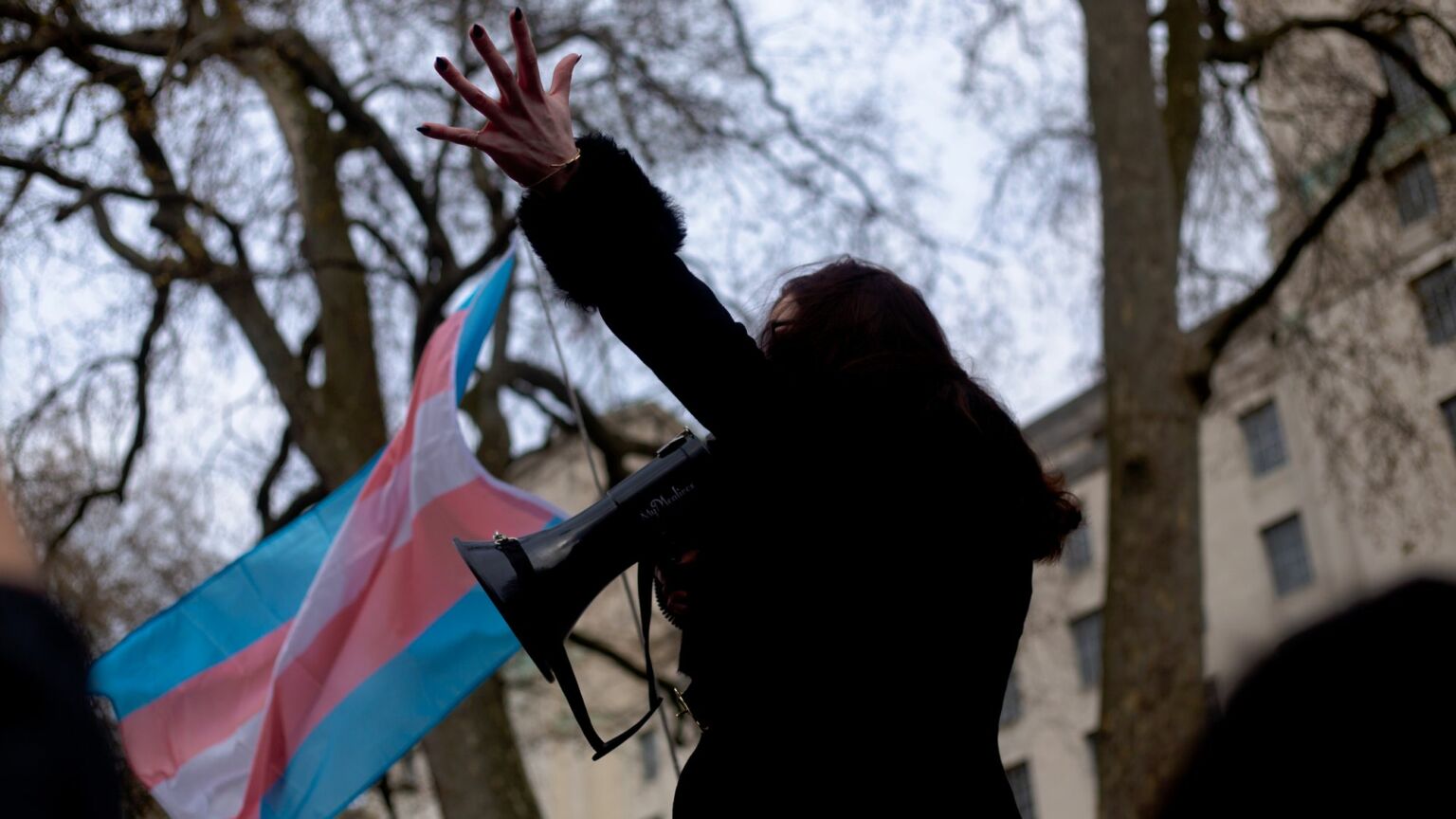The Dominican Republic: a world leader in trans tyranny
Criticising gender ideology could soon lead to 30 years in prison in the Caribbean nation.

Want to read spiked ad-free? Become a spiked supporter.
Those concerned about the global erosion of free speech have been rightly shocked by Ireland’s Criminal Justice (Incitement to Violence or Hatred and Hate Offences) Bill. Under its authoritarian provisions, anyone who offends someone with certain protected characteristics – such as race, religion and gender – could be imprisoned for up to five years.
This is deeply worrying. But it is nothing compared with what is being put forward by the government of the Dominican Republic. In 2021, the Ministry of Women, in alliance with a deputy from the left-wing Democratic Choice party, proposed an unbelievably draconian piece of hate-crime legislation. This law promises to penalise anyone who ‘incites hatred’ against a group or person due to their ‘gender identity’ or other protected characteristics, ‘with 30 years in prison and fines of up to one hundred [times the] minimum wage’. This hate-crime proposal could soon be passed into law as part of the Dominican Penal Code – the latest iteration of which is currently passing through the legislature.
It’s difficult to overstate how punitive this law would be. A 30-year jail sentence is the harshest penalty that the Dominican state can impose for any crime. Armed robbery can potentially carry a prison sentence of five to 10 years. The same goes for torture. Rape is punishable with maximum sentences of 10 to 15 years in prison, and potentially 20 years if it involves a minor. Murder and high treason are among the only crimes punishable with a 30-year prison sentence. Now, that’s what potentially awaits someone who criticises gender ideology.
Yes, the Ministry of Women’s full hate-crime proposal includes other protected characteristics, such as religion, disability or race. But it’s the inclusion of gender identity as a protected characteristic that really stands out. After all, the concept of gender identity means virtually nothing to the vast majority of Dominican citizens. There has certainly been no nationwide conversation about the meaning or implications of gender ideology. Nevertheless, in the very near future, it’s possible that anyone who is deemed to have been offensive towards a trans person could land themselves in jail for decades.
This means that the Dominican Republic could potentially lead the world in punishing critics of gender ideology. It faces some tough competition, too. In Norway, those found guilty of hate speech against trans people can be sentenced to up to three years in prison. And in Spain, citizens can be fined up to 150,000 euros under a similar hate-speech law.
Dominicans should pay heed to the experience of the Spanish and Norwegian feminists who have fallen foul of this type of hate-speech legislation. Child psychologist Carola López Moya had an official investigation opened into her last month by the Spanish authorities. She has been threatened with a fine of 120,000 euros. Her alleged speech crime? Raising awareness of the dangers of medically transitioning vulnerable children. As López Moya explained to me, trans activists and their political supporters ‘are hellbent on handing out heavy punishments to anyone who dissents from their doctrine. This is a cult.’
Norwegian Christina Ellingsen is a campaigner from feminist organisation Women’s Declaration International. She went through a similar process to López Moya, after she was reported to the Norwegian authorities by trans-activist organisations. She could have faced up to three years in prison for tweets posted between February 2021 and January 2022, in which she challenged the idea that men could become women. As she put it to me: ‘The investigation concluded, after eight months, that I had not committed any crimes, and the case was dropped. But the fact that women can be placed under investigation for talking about biological reality, or dismissing the concept of gender identity, reduces women’s legal safety and is discrimination against women.’
She is in no doubt as to why she was persecuted. ‘It’s because [feminists] are addressing the real weak points of trans ideology’, she says. ‘If [our arguments] get the attention they deserve, it is game over. They must shut us up, put us in jail or frame us as hateful, otherwise their entire gender-ideology campaign crumbles.’
Hate-crime legislation, as these cases show, is a way of punishing political dissent. It establishes categories of thoughtcrime. And its main targets right now are those feminists who are challenging gender ideology.
If there is any hatred here, it is being expressed by intolerant trans activists and their powerful political supporters. They are using the state to persecute those whose views they despise.
As a Dominican woman who campaigns for sex-based rights, I find it terrifying that I could potentially be imprisoned for my views. The Dominican government may not have set out to incarcerate feminists. But it is clearly sending a message that it is wrong to question gender ideology, something many feminists, myself included, feel compelled to do. This is a chilling development that we must do our utmost to resist.
Raquel Rosario Sanchez is a writer, campaigner and researcher from the Dominican Republic.
Picture by Karollyne Hubert on Unsplash.
Who funds spiked? You do
We are funded by you. And in this era of cancel culture and advertiser boycotts, we rely on your donations more than ever. Seventy per cent of our revenue comes from our readers’ donations – the vast majority giving just £5 per month. If you make a regular donation – of £5 a month or £50 a year – you can become a and enjoy:
–Ad-free reading
–Exclusive events
–Access to our comments section
It’s the best way to keep spiked going – and growing. Thank you!








Comments
Want to join the conversation?
Only spiked supporters and patrons, who donate regularly to us, can comment on our articles.